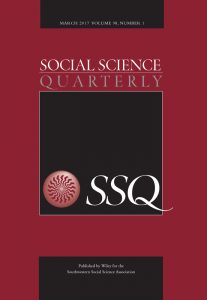What is Medical AI Good For?
The use of artificial intelligence has grown rapidly, especially in the field of medicine, with the promise of offering advances ranging from more efficient diagnoses to safer treatments. Yet, this promise overlooks the fact that artificial intelligence still faces some pretty serious limitations, you know, the kind of limitations that prevent the machine from operating like we see in television and movies. Simply stated, artificial intelligence is still not yet that intelligent. Yes, artificial intelligence can do well at particular...




1099-1328/asset/dsa_logo.jpg?v=1&s=e4815e0ca3064f294ac2e8e6d95918f84e0888dd)